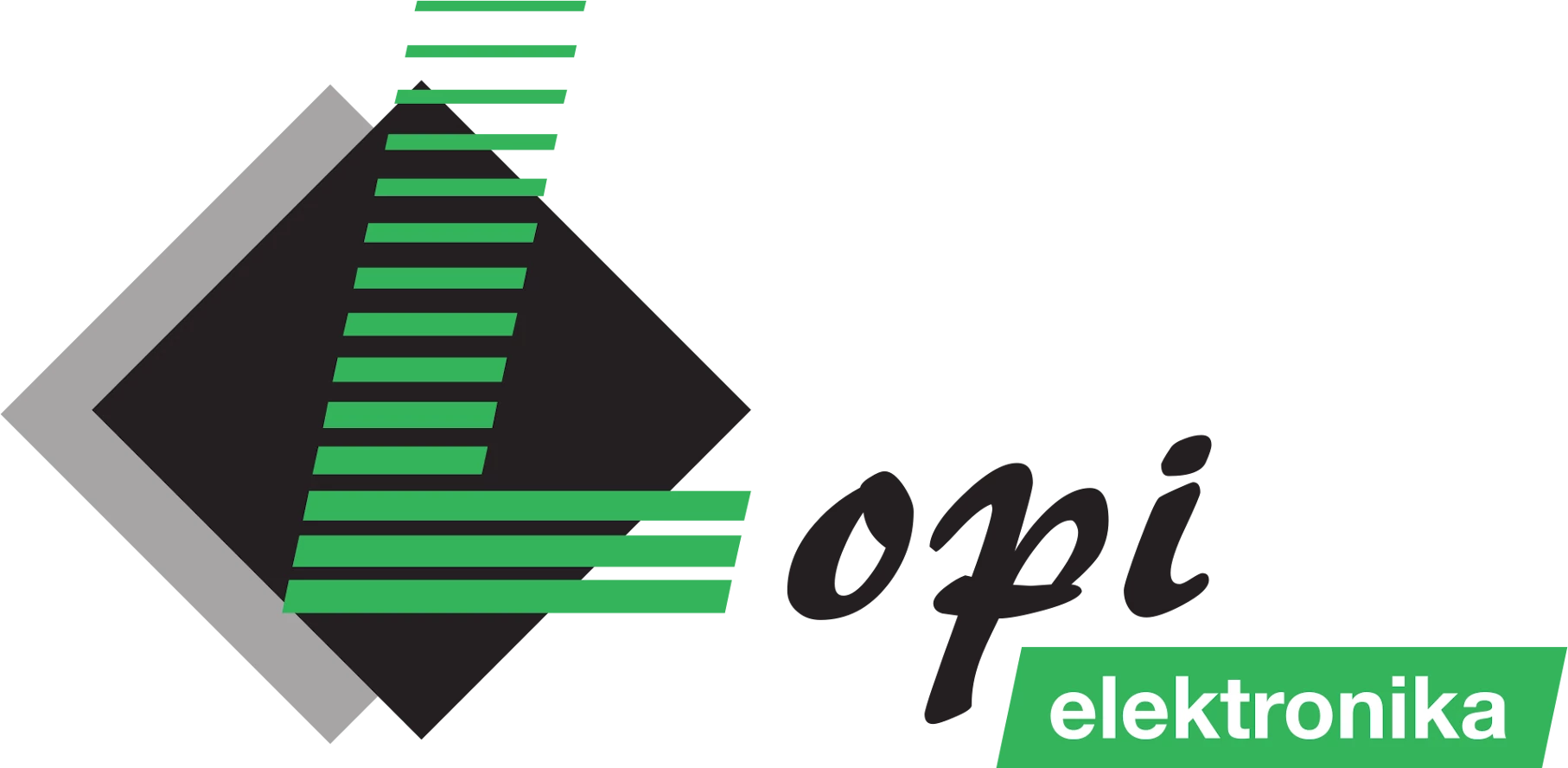Electricity costs constitute a major component of the expenses borne by the entrepreneurs and the investors. In the times of the lockdown crisis on the one hand and the environmental crisis on the other, we are looking for economically and ecologically effective solutions. Reactive power compensation is a highly eco-efficient solution. The use of a compensation system enables the reduction of reactive power charges by 90-100%, increases the service life of electrical power devices and has a positive effect on the condition of power networks, at the same time extending their service life. It is directly related to the optimisation of expenses of a company or an institution and, additionally, reduces CO2 emissions to the atmosphere. Depending on the facility, the monthly savings are on average several thousand złotys. And the average estimated investment payback time for the investment in the installation of a compensation system is from 3 to 18 months.
Proper management of reactive power in the power network is based on the appropriate balance of reactive power in the entire system, which, on the one hand, ensures longer service life of the entire system, and, on the other hand, contributes to significant savings. The transmission of reactive power in the network causes voltage drops and power losses in the systems. This contributes to an increase in network operating costs and a reduction in the efficiency of power system components. And reactive power compensation means the introduction of capacitive reactive energy to the circulation in accordance with the values of produced inductive reactive energy. As a result, the energy receivers draw only active power from the network.


